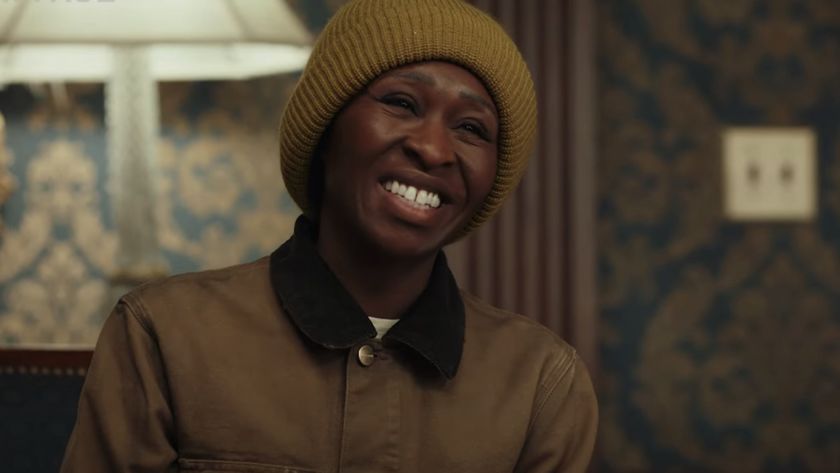Gaming Disorder Has Been Officially Recognized As A Mental Health Condition

Can gaming become an addiction? According to the World Health Organization, the answer is yes. That question has been debated and studied for years now but, until very recently, the WHO has never officially weighed in on the matter. That ended with the release of the most recent edition of the International Classification of Diseases, which pegs "gaming disorder" as a legitimate diagnosis. But don't worry. Playing a metric ton of Fortnite isn't enough to get you labeled with the condition.
Based on a report from CNN, the inclusion of gaming disorder in the 11th edition of the International Classification of Diseases was spearheaded by Dr. Vladimir Poznyak. He's a member of the World Health Assembly, the group responsible for making decisions on behalf of the World Health Organization.
It's important to note that this isn't just some random doctor claiming that gaming disorder is a real thing that folks should be aware of. The International Classification of Diseases is the go-to manuscript for all accepted diseases and disorders. Doctors the world over use it to classify the conditions their patients are experiencing, and insurance companies typically rely on its listings when determining how to handle claims. So, no, this isn't just some recent study published in a random medical magazine. In the medical world, this is about as legitimate as you can get.
According to the initial report, there are three key factors used to determine if someone is experiencing gaming disorder. For starters, the gaming needs to take precedence over other activities in the person's life to the extent that those other activities are pushed completely to the side. Second, the person needs to demonstrate "impaired control of these behaviors," which basically means that, even when it's clear that gaming is having a negative impact on their life, the person continues to play. Finally, the gaming needs to lead to "significant distress and impairment" to other aspects of the person's life, including educations, social and personal matters.
While some professionals see this as a sound acknowledgment of a very real condition, others aren't as convinced. According to psychologist Anthony Bean, these guidelines are simply too broad and, in his own experience, gaming on this level is more typically tied to another condition, such as depression. In his studies, the gaming declines once the actual problem is addressed.
Dr. Poznyak, though, states that even with seemingly broad guidelines, gaming disorder only applies to a very small number of people. In other words, just because your kid won't stop running raids in World of Warcraft or is more interested in Call of Duty than finishing their homework is not grounds for a diagnosis. Poznyak even states that extreme gaming for longer periods of time does not constitute a diagnosis. While not mentioned in the guidelines, he states that the disruptive, negative aspects of the behavior need to have been present for at least a year.
Still, Bean was not convinced, arguing that sometimes folks just really get into their hobbies. There is not, for instance, an official diagnosis for folks who dedicate their lives to building model trains or binging the latest Netflix series during every spare moment.
CINEMABLEND NEWSLETTER
Your Daily Blend of Entertainment News
Staff Writer for CinemaBlend.

'I Don't Know If He Understood The Assignment': Kenan Thompson Shares His Take On Morgan Wallen Walking Off The Stage At SNL, And The Plot Thickens

Twisters’ Daisy Edgar-Jones Mentions That Deleted Infamous Kiss Scene While Discussing The Kind Of Roles She Wants

After What House Of The Dragon Boss Says George R.R. Martin Was ‘Unwilling To Acknowledge,’ I Need To Know How Faithful Season 3 Will Be To Fire And Blood







